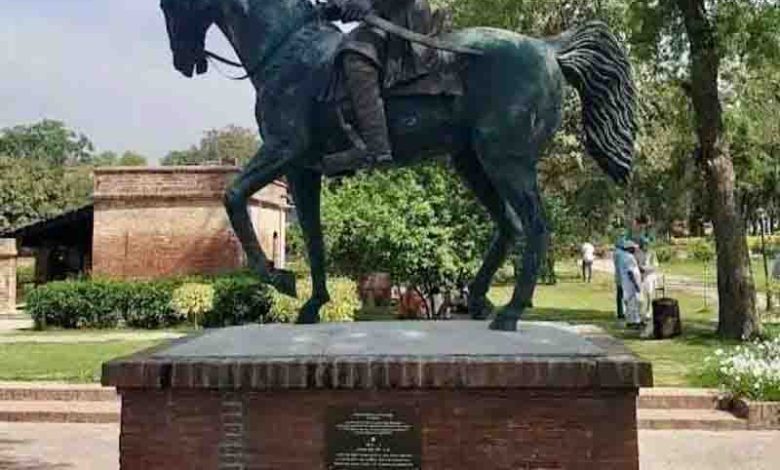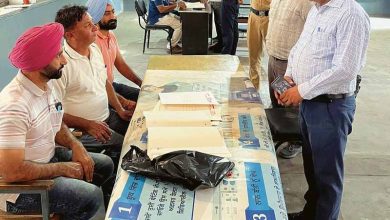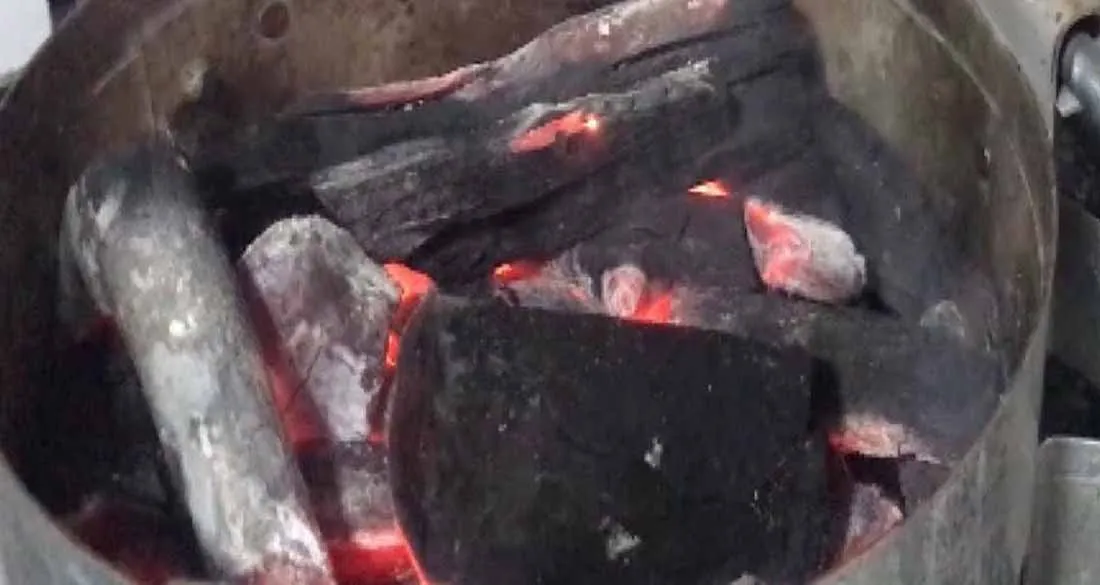Punjab: A city steeped in Sikh history and royal heritage

Punjab: Raikot, a small town on the outskirts of Ludhiana, holds extraordinary religious and historical significance. The 10th Sikh Guru, Guru Gobind Singh, visited the place. Maharaja Duleep Singh, the last Sikh ruler, was imprisoned here by the British before being deported to Britain at the age of 15. Raikot was founded in 1648 by Rai Ahmed. Guru Gobind Singh visited the town and rested under a tahli tree, where Gurdwara Tahliana Sahib is located. In 1705, Rai Kalha III, the chief of Raikot, hosted Guru Gobind Singh at the risk of his life during the reign of Aurangzeb. Appreciating his bravery, Guru Gobind Singh presented Rai Kalha with a Ganga Sagar (a copper urn), a sword and a wooden rehal (a book stand for the Quran). Until 1947, the Ganga Sagar was kept on display by Khan Bahadur Rai Inayat Khan.
Today, Ganga Sagar is owned by Rai Ajizullah, former Pakistan MP and grandson of Khan Bahadur Rai Inayat Khan. As the current heir of the Rai family he has preserved this sacred gift very carefully. “A few years ago, Ganga Sagar was brought for display at Gurdwara Tahliyana Sahib by the current heir,” said Ajaib Singh, a resident of Leel village in Raikot. Another historical site in Raikot is the 200-year-old Bassian Kothi, where Maharaja Duleep Singh, the youngest son of Sher-e-Punjab Maharaja Ranjit Singh and the only child of Maharani Jind Kaur, was held captive by the British for a night before his exile to Britain. Bassian Kothi has since been developed into a memorial, with an interpretation centre, a museum dedicated to the life of Maharaja Duleep Singh and an amphitheatre, which houses statues and busts of the last Sikh ruler. An 80-year-old man from Raikot said, “It is said that lime and jaggery were used in the construction of this historic building. This building is made of Nanakshahi Lahori bricks. After independence, this building was under the Canal Department of Punjab. It has also been used as a rest house. During Operation Blue Star, BSF soldiers stayed in this kothi.”





